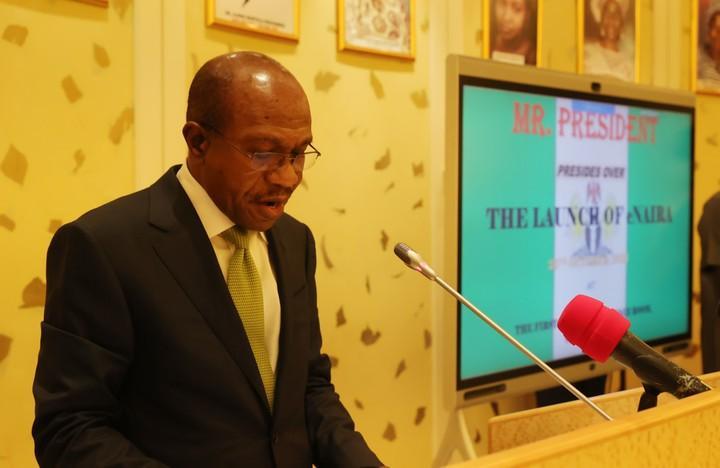- ‘Deployment of Quality Credit Data Will Improve Financial Services’
The promotion of effective credit risk operations through the deployment of quality and robust credit data management has been identified as the major critical factor that would ensure the emergence of a healthy financial services industry in Nigeria.
This was the submission of the Chartered Institute of Bankers Centre for Financial Studies (CIBNCFS) and the Credit Bureau Association of Nigeria (CBAN) at a business forum held in Lagos for stakeholders in the country’s financial services landscape to discuss the relevance of Credit Data Management in the industry.
According to a statement, the forum was organised by CBAN in conjunction with CIBN.
The Registrar/Chief Executive, CIBN, Mr. ’Seye Awojobi, was represented by Deputy Director, Membership Services, Mr. Segun Shonubi, in a keynote address, said that the need for a more deliberate policy action on credit data management became pronounced in recent years due to the fast-paced and changing regulatory and reporting requirements, such as the need to comply with Basel III.
He stated that the unprecedented evolving dynamics in the financial services industry with fundamental shifts in customers’ demands and expectations had aroused a new interest in credit data management adding that without a very strong monitoring template using technology, predatory debtors can deploy the same technology to break all boundaries designed for determining their true credit histories.
Citing the Central Bank of Nigeria’s Financial System Stability Report which revealed that the banking industry’s non-performing loans ratio rose from N1.678 billion in June to N2.084 trillion in December 2016. He warned that this does not augur well for the financial intermediation role of the financial services industry and the economy at large.
While noting that globally, ease of access to credit was critical for business growth. Shonubi said that lending institutions are always wary of the safety of their funds. Reaching a delicate balance, he continued, is the sole objective of an effective credit data management and credit risk strategy by financial institutions.
Going down the history lane, he said: “According to the Central Bank of Nigeria, the late 1980s and early 1990s witnessed rising non-performing credit portfolios in banks and these significantly contributed to the financial distress in the banking sector. The central bank also noted that it was the existence of predatory debtors in the banking system whose modus operandi involved the abandonment of their debt obligations in some banks only to contract new debts in other banks.”
Also, the Chief Executive Officer/Managing Director XDS Credit Bureau/Chairman, CBAN, Mrs. MobolanleAdesanya, said that the recently signed Credit Reporting Act was meant to promote responsibility in the credit market by encouraging responsible borrowing, avoidance of over-indebtedness and fulfilment of financial obligations by all parties.
According to him, the Act would not only guarantee more robust Credit Reporting System in the country, but it would promote financial inclusion and also improved credit information sharing between financial and non-financial sectors and ensure more solid platform for better access to finance for SMEs with more influx of Credit Information on Data Subjects.
Adesanya, who was represented by Head of Sales and Marketing, XDS Credit Bureau, Mr. Olanrewaju Agbede, in a presentation titled: ‘Nigerian Credit Reporting Act: Promoting Effective Credit Risk Operations In Nigerian Banking Sector,’ said that the Act allows the credit information providers to receive services from a Credit Bureau subject to the execution of a Data Exchange Agreement with the Credit Bureau and with the consent of the Data Subject and to also maintain the integrity and protection of data submitted by it to a Credit Bureau.



 Naira4 weeks ago
Naira4 weeks ago


 Naira3 weeks ago
Naira3 weeks ago




 Naira3 weeks ago
Naira3 weeks ago




 Naira4 weeks ago
Naira4 weeks ago




 Naira2 weeks ago
Naira2 weeks ago
 Commodities4 weeks ago
Commodities4 weeks ago


 Sport Business4 weeks ago
Sport Business4 weeks ago


 News3 weeks ago
News3 weeks ago




















